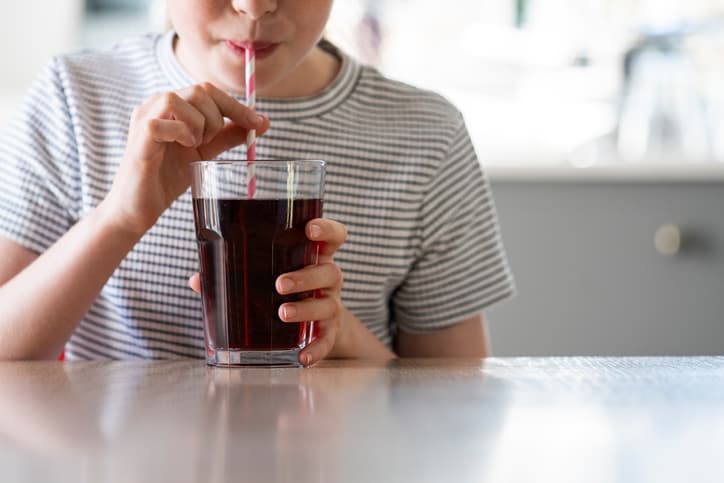
Sugary drinks, such as fruit juices and soft drinks, are definitely on this list. Drinking too much of these can sometimes cause a host of dental problems, including gum disease, tooth decay, dental cavities and even bad breath.
What Do Sugary Drinks Do to Teeth?
Many different types of bacteria live in your mouth. Some are beneficial to your dental health, but others are harmful. For example, studies have shown that a select group of harmful bacteria produce acid in your mouth whenever they encounter and digest sugar.
These acids remove minerals from the tooth enamel, which is the shiny, protective, outer layer of your tooth. This process is called demineralization. Over time, this weakens and destroys the enamel, leading to tooth decay and forming a cavity.
How Can I Avoid This Damage?
The best way to minimize the tooth decay that is caused by consuming sugar drinks is to avoid them whenever possible. Consider other, more healthy, options to quench your family’s thirst, such as water or milk. Natural fruit juices are another way to provide a bit of sweetness in a healthy way. However, make sure you are purchasing real fruit juices with juice content higher than 10 per cent. Cut the fruit juice with seltzer water to further minimize the amount of sugar your family is consuming.
If you find that you just have to allow them to indulge, make sure they rinse with water to flush their mouth and remove any of the sugar that remains. It’s also a good idea to purchase toothpaste and mouthwash that contain fluoride. Fluoride helps to reduce cavities and strengthen tooth enamel, so it can help to reverse the damage caused by these drinks. Your dentist can also directly apply fluoride to your teeth, as well.
